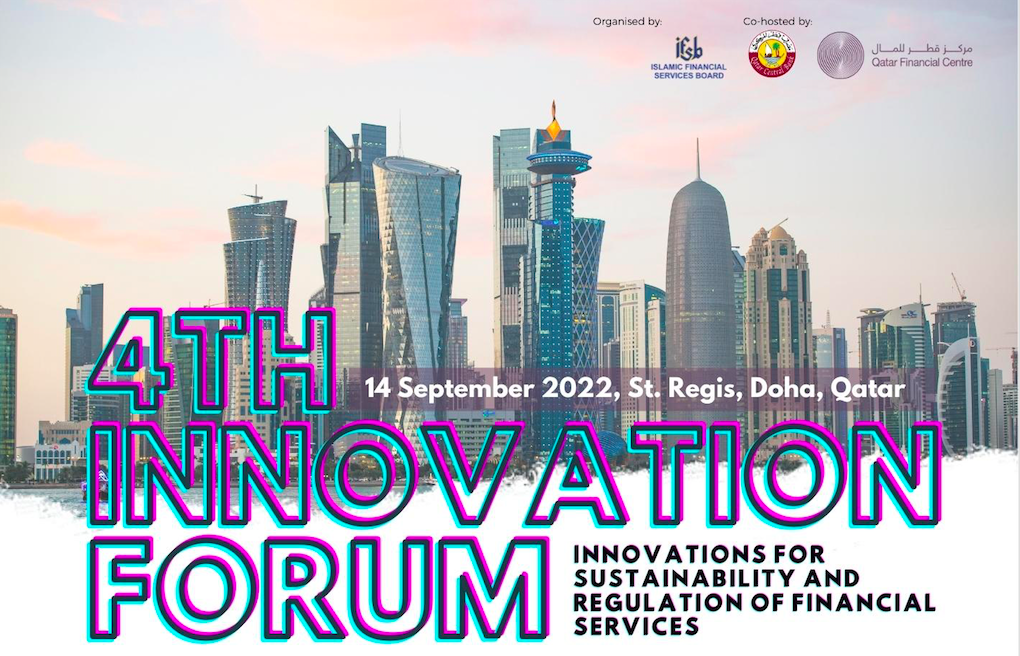
Innovations for Sustainability and Regulations of Financial Services
“There is no way for a limited pool of development capital to be adequate to achieve the Sustainable Development Goals. All parts of the private capital markets, such as banking and asset management, must be reoriented to directly finance or consider the impact of their actions on the Sustainable Development Goals, which have become a global framework for addressing global challenges”, said Shaba Sobhani in the 4th IFSB Innovation Forum on “Innovations for Sustainability and Regulation of Financial Services”
On 14 September 2022, the United Nations Development Program (UNDP) Istanbul International Center for Private Sector Development (ICPSD) participated in the 4th IFSB Innovation Forum on “Innovations for Sustainability and Regulation of Financial Services”.
The Islamic Finance Services Board, in collaboration with Qatar Financial Center (QFC) and Qatar Central Bank, conducted this Forum as part of its regular annual series to bring together Islamic finance stakeholders to promote and develop innovative Islamic finance solutions, which are vital in generating the competitive edge the Islamic Financial Services Industry (IFSI) need in order to stay afloat.
Composed of three special sessions, the forum discussions covered a broad array of topics. The first session was dedicated to Fintech and its role within the wider ESG ecosystem, while the second session discussed Innovation in Sustainable and Green Digital Technologies in the IFSI. The last session explored the Regulatory Considerations in Facilitating Innovation to Integrate Climate Financing, ESG, and Sustainable Development Goals (SDGs) into the development of the IFSI.
Sahba Sobhani, Director of UNDP ICPSD, along with other Islamic financial experts, bank sector experts, regulators, and representatives of international organizations, discussed sustainable finance initiatives within the IFSI, the challenges faced by regulators in balancing their responsibilities, and the main considerations related to regulatory and financial stability for new developments.
During the forum, he highlighted the role of Global Islamic Finance and Impact Investing Platform (GIFIIP) in positioning Islamic finance as one of the main enablers of the global Sustainable Development Goals. Mr. Sobhani also emphasized importance of the Massive Open Online Course (MOOC) on “Islamic finance for the Sustainable Development Goals”. This course brings together theory and practice with the authoring and video lecturing contributions of 27 leading subject matter experts to examine the relationship between Islamic finance principles and sustainable development goals, as well as the potential of Islamic microfinance in socioeconomic empowerment.